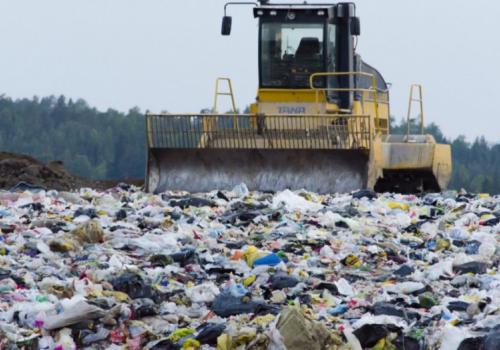With 0.6 million of waste imported in 2021, Morocco is the 10th largest importer of waste from the European Union. Over the same period, Turkey topped the list of the largest importer of EU waste with 14.7 million tonnes. Waste exports from the European continent increased by as much as 77% over the past 18 years, while its waste imports grew at an 11% rate, reaching 19.7 million tonnes in 2021. Waste trade has flourished in recent years, with developed countries finding it cheaper to export waste rather than to invest in local recycling ventures. In addition, exporting waste reduces pressure on landfills. According to the global trade data website Statistica, developing countries are typically importers of waste as they present lucrative business opportunities. Proponents of the waste trade maintain that the industry can help countries to offset crude material shortages within emerging markets. However, as soon as waste ships leave their countries of origin, they are no longer tracked, and instead of being recycled, the waste ends up being incinerated or disposed of illegally in host countries, a Statistica report indicates. Nonetheless, these volumes of waste figure among recycled waste figures for exporting countries.
In response to rising concerns about Morocco’s waste imports, the government had come out in 2020 to explain that the country’s waste imports consist mainly of “non-toxic” and hazard-free materials. The government further explained that Morocco recycles 100% of the imported waste, and uses it for industrial purposes. Responding to NGOs, the government further underscored that it only imports useful waste as domestic waste is not enough to offset the demand of the national industry. In its 2020 public notice, the government further pointed out that waste imports are strictly managed and adhere to a series of requirements, including having no negative environmental impact.
